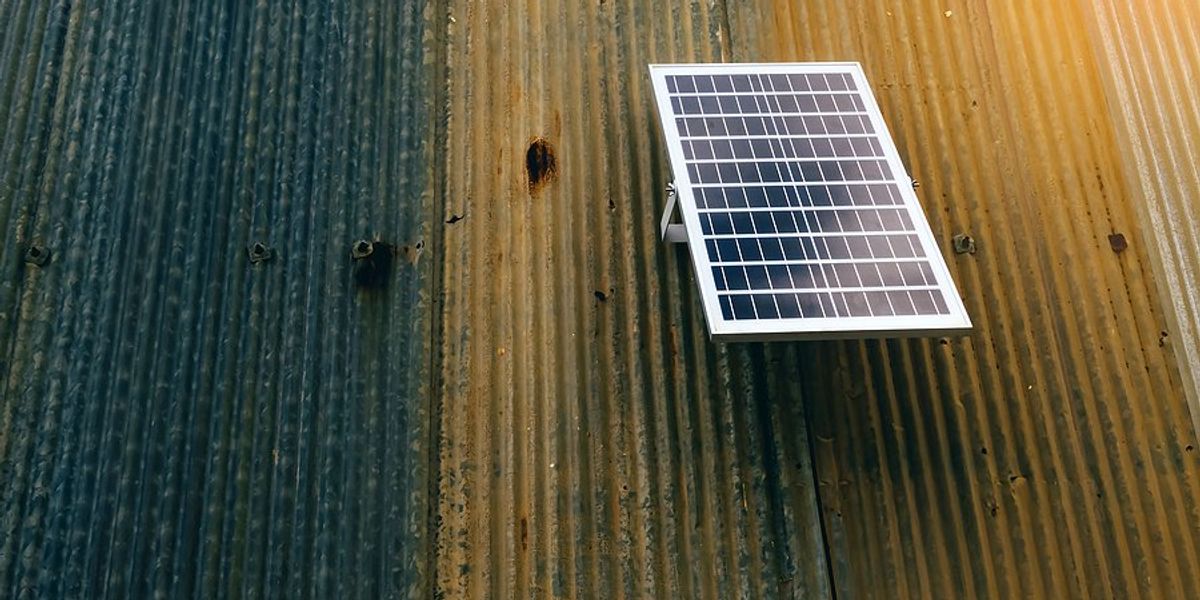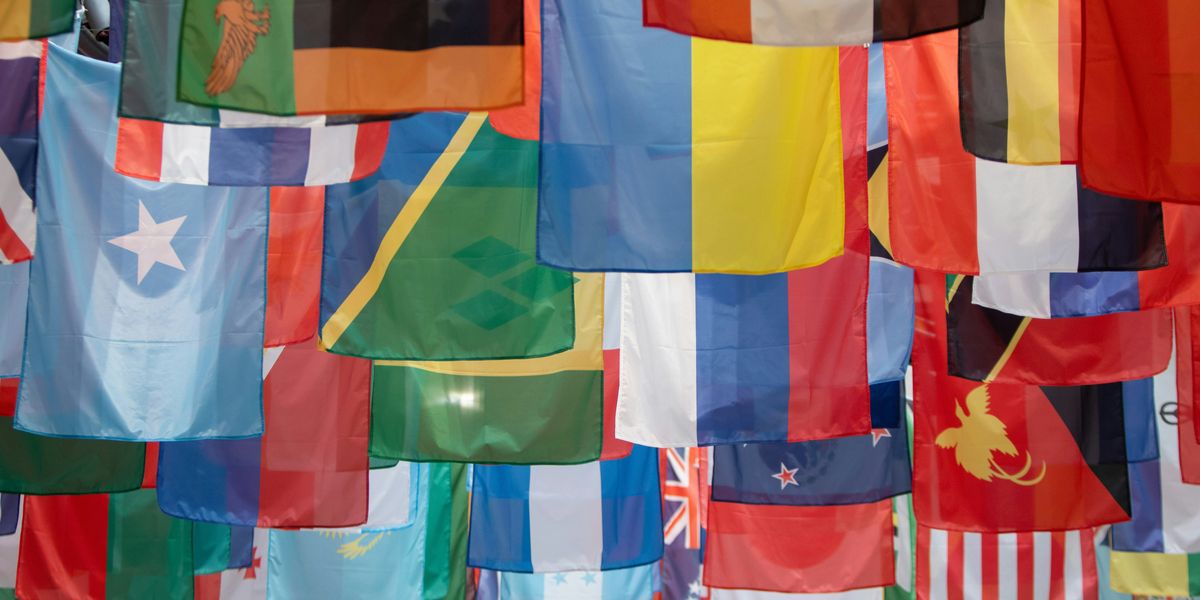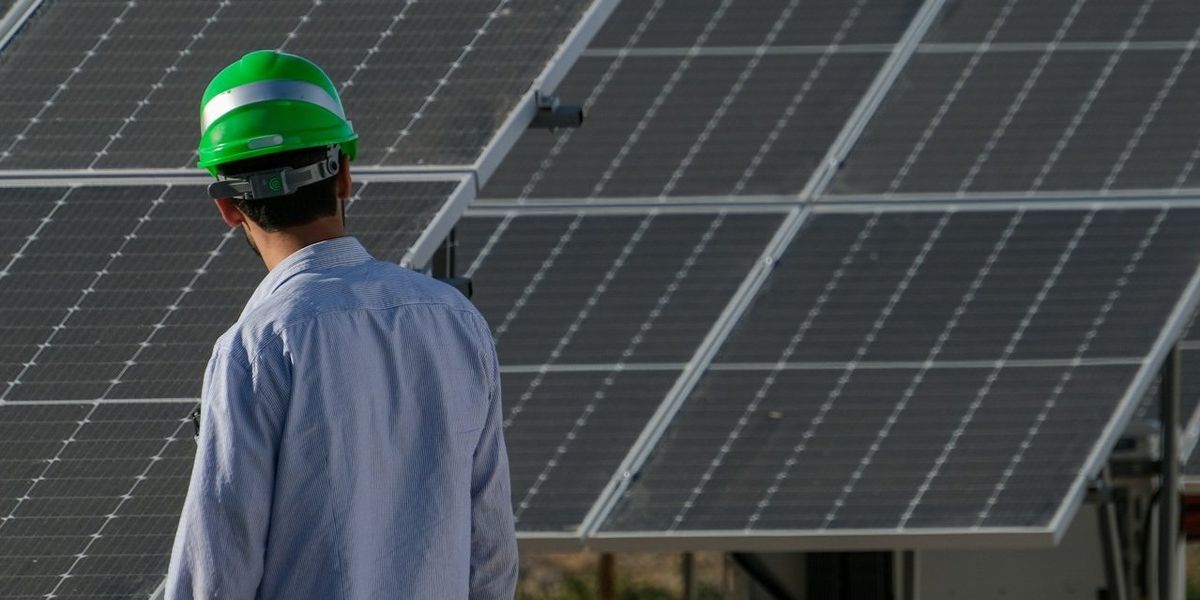
Lack of solar power leaves Indigenous communities in DRC reliant on wood
In remote villages of the Democratic Republic of Congo, Indigenous Batwa communities struggle to access electricity, forcing them to cut down trees for firewood and charcoal as solar energy remains too expensive.
Belinda Mongolare and Didier Makal report for Mongabay.
In short:
- Only a small fraction of people in the DRC have electricity, with access rates in rural areas as low as 1%, leading most to rely on wood for energy.
- Despite the DRC’s strong solar potential, high costs and limited infrastructure prevent widespread adoption, increasing deforestation as communities turn to charcoal.
- Experts suggest government subsidies and cheaper imports could make solar energy more accessible, but without intervention, reliance on forests will continue.
Key quote:
“If someone tells you that we Bawa don’t want to use electricity, that’s a lie. You come from the city—you have electricity, you have lighting. Why you and not us?”
— Mukalay Ngoyi, village leader in Lukwangulo
Why this matters:
The reliance on firewood for energy in the DRC is driving deforestation, threatening both biodiversity and the livelihoods of Indigenous communities. Without affordable alternatives, forests will continue to shrink, accelerating climate change and worsening air pollution. While solar power offers a sustainable solution, its high cost and lack of infrastructure keep it out of reach for many. Addressing this gap has benefits for environmental conservation and living conditions in rural areas.
Related EHN coverage: Clean energy grows, but many of the poorest remain in the dark.













